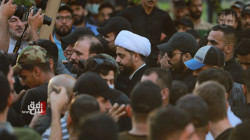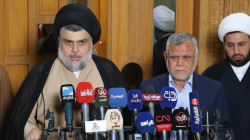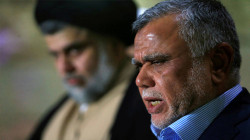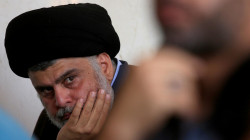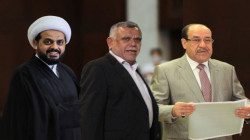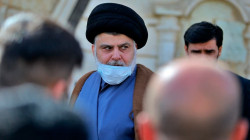Al-Sadr's advisor says Zeidan is the Coordination Framework's guard, hints at unanticipated escalation
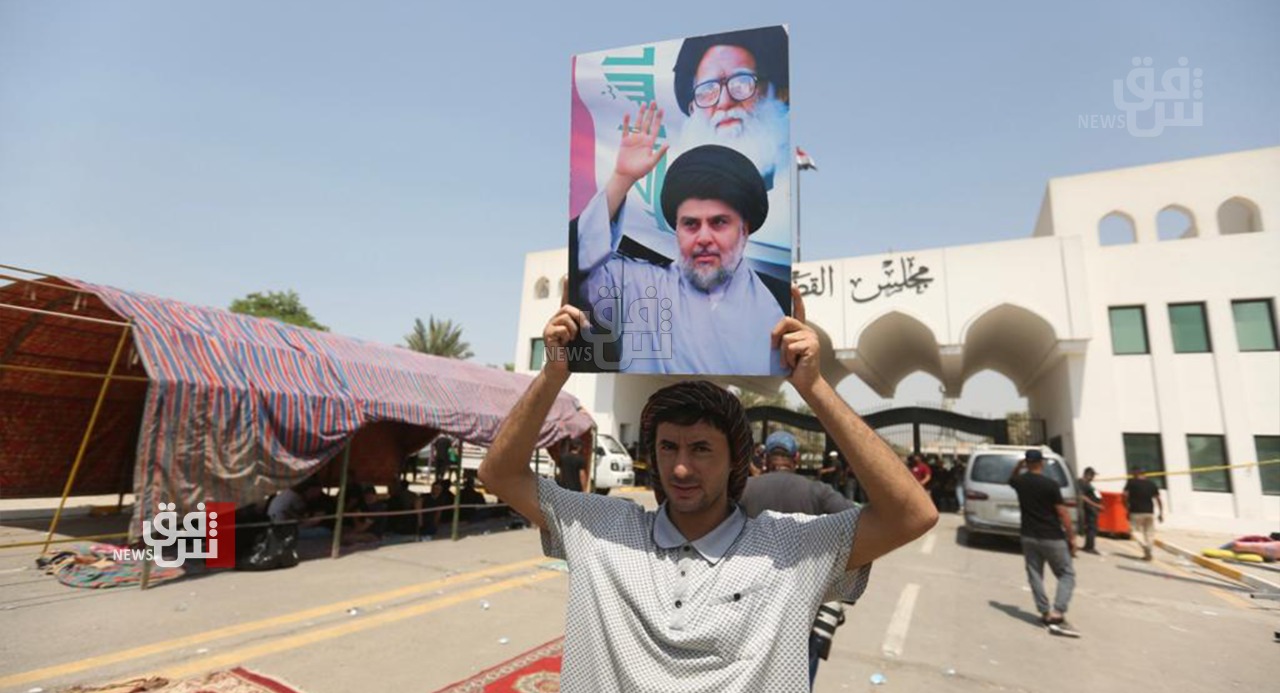
Shafaq News/ A self-proclaimed advisor of Muqtada al-Sadr warned the "authority mouthpieces" that he might expose their corruption to the public if they continue to blemish the sit of the Sadrist movement's supporters inside Baghdad's ultra-secure Green Zone.
Saleh Mohammad al-Iraqi, who runs a Twitter account named "the leader's advisor" in reference to the leader of the Sadrist movement, said that the "mouthpieces" became more active when the sit-in relocated near the Supreme Judicial Council's headquarters because "they feared that documents related to their corruption might be exposed by the Judiciary itself or the protestors in case they stormed the council."
"They [the Coordination Framework] deem the judiciary their only safeguard... If the sit-in continues, they might not be able to stay around or form a government in the future," he added, "some parties, first and foremost the US embassy, do not want the current system to fall."
"For them, the fall of corrupts in the judiciary ushers their fall too," he said, "for them, the judiciary is the head... If the head falls, the entire body falls."
"Demanding the dismissal of [Faiq] Zeidan has bothered them the most because he is the [Coordination] Framework's top supporter," he said.
Al-Iraqi warned that the judiciary might issue arrest warrants against figures from both camps in an attempt to abort future sit-in attempts.
"Suspending the judiciary's work is unconstitutional. It means that the judiciary is trying to shift suspicions away but illegally," he said, "over the past 20 years, everybody agreed that corruption had taken a toll on the judiciary. Once the [Sadrist] movement decided to demonstrate near it, it became untouchable and infallible."
Al-Iraqi hinted that the Sadrist movement might take another "unexpected step that they would never think about if the people decide to go further with the revolution and undermine the corrupts."
"We have more," he concluded.
Iraq's judiciary suspended its activities on Tuesday after supporters of Shia cleric Muqtada al-Sadr stepped up pressure on it to dissolve parliament, as one of the worst political crises since the US-led invasion dragged on.
Al-Sadr has, in recent weeks, commanded thousands of followers to storm and occupy parliament, preventing the formation of a government nearly ten months after the elections.
Iraqi Prime Minister Mustafa al-Kadhimi, who cut short a trip to Egypt to deal with the crisis, has urged all sides to remain calm and renewed calls for a national dialogue.
Al-Sadr's followers gathered for protests outside the headquarters of the Supreme Judicial Council and Federal Supreme Court in Baghdad. The followers have sent threats by phone, the judiciary said in a statement.
"(We) will suspend court sessions as a protest against this unconstitutional behavior and will hold the government and political parties which are backing this move fully responsible for all the results," the statement added.
Al-Sadr has called for early elections and unspecified changes to the constitution after withdrawing his lawmakers from parliament in June.
His political opponents, mostly fellow Shias backed by Iran, have refused to accede to his demands, raising fears of fresh unrest and violence in a conflict-weary Iraq.
Iraq's 10-month standoff since the election is the longest stretch without a fully functioning government in the nearly two decades since Saddam Hussein was overthrown in a US-led in 2003.
Al-Sadr was the biggest winner of last year's election but was unable to form a government along with Kurdish and Sunni Muslim Arab parties, excluding his Iran-backed Shia rivals.
